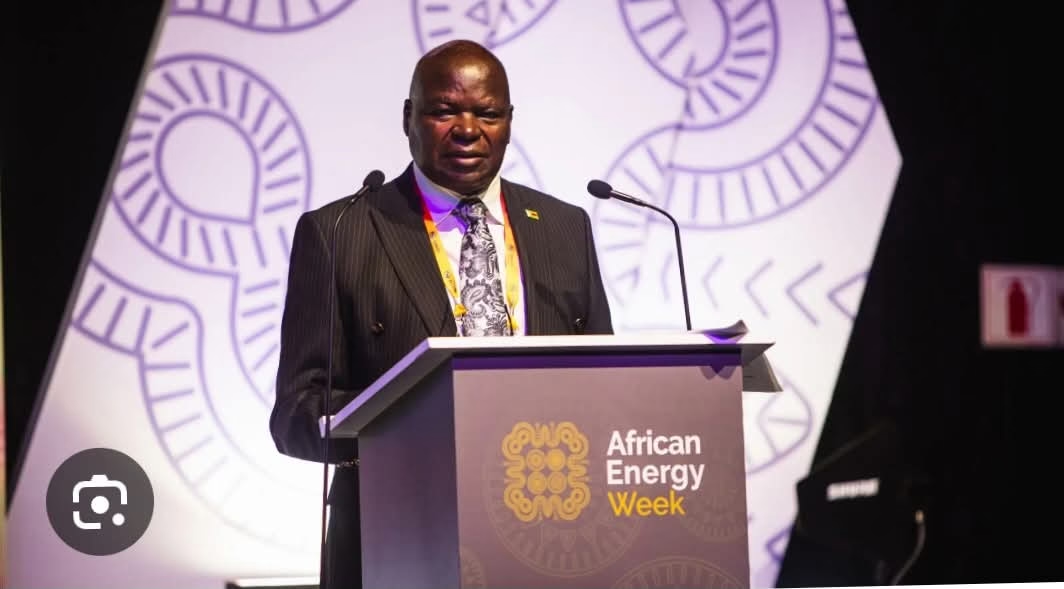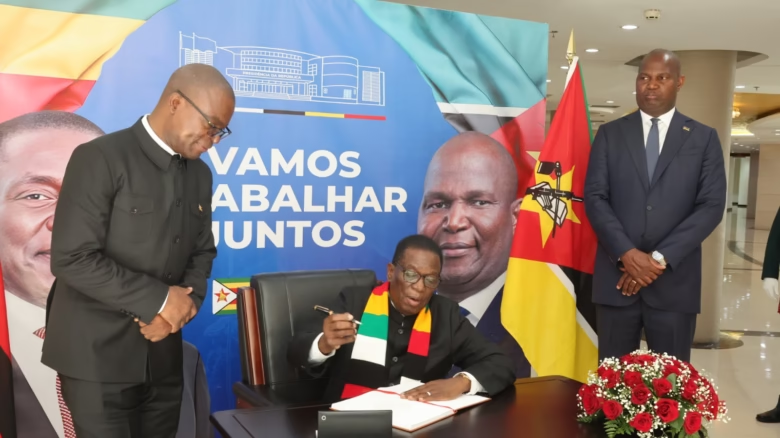
Zimbabwe has unveiled an ambitious plan to expand access to energy and attract investment into its power sector through the National Energy Compact, presented by the Minister of Energy and Power Development Honourable July Moyo at the Africa Capital Markets Forum in Sandton, South Africa. The compact lays out a clear roadmap to strengthen infrastructure, promote renewable energy, and drive industrial growth in line with regional commitments made at the Dar es Salaam Summit earlier this year.
Developed through extensive consultations with over 200 stakeholders drawn from the private sector, government, and development partners, the compact reflects national ownership and global alignment. “We made sure this compact was not just a government document but a national and international commitment,” said Honourable Moyo. He explained that the process drew insights from the World Bank, African Development Bank, and the United Nations system to ensure that Zimbabwe’s priorities are addressed while aligning with global energy goals.
Following Cabinet’s formal adoption of the compact in March, it was presented to international financiers in April and June for further engagement. Honourable Moyo highlighted that each stage of the process added value and strengthened the framework, ensuring it remains responsive to both domestic needs and investor expectations.
To ease pressure on the national grid and encourage self-sufficiency, the government has introduced a policy requiring large power consumers to develop their own captive power systems within two years. “Several companies have already begun implementing solar and thermal solutions,” said the Minister, adding that independent power producers have become an integral part of Zimbabwe’s evolving energy landscape.
The compact also prioritises the agricultural sector, securing dedicated power for more than 21 000 hectares of wheat production through coordinated efforts between the Ministries of Energy and Agriculture, power utilities, and private partners. “This is about powering productivity and ensuring food security,” said Honourable Moyo.
Addressing the issue of “Dark Cities,” residential areas without electricity, the Minister revealed that Zimbabwe currently has 371 such unreticulated zones. To tackle this challenge, the government is licensing private players to build infrastructure and recover investment through prepaid billing models, while temporary power solutions are being deployed to bridge the gap. “No community should remain in the dark when solutions are within reach,” he said.
In a bid to attract more investment in renewable energy, government has rolled out a package of incentives that includes tax exemptions, VAT deferments, and national project status for qualifying projects. Licence fees for renewable technologies have been reduced, while the Government Implementation Support Agreement guarantees investor protection in the event of off-taker defaults. “This is a clear signal that Zimbabwe is open for business and committed to investor confidence,” Moyo said.
Major projects under the compact are being financed through a blend of public, private, and concessional arrangements. These include the US$350 million hydro power extension funded through concessional loans and the Hwange 670 megawatt expansion, completed in 2023 at a cost exceeding US$1 billion through a joint equity partnership between government and private investors.
Overall, Zimbabwe estimates that US$9.13 billion will be required to fully implement the National Energy Compact, with approximately US$4 billion expected to come from partners and investors. “The National Energy Compact is more than a policy, it is a blueprint for energy security, economic growth, and social progress,” noted the Minister. “We invite investors, financiers, and development partners to join us as we light up Zimbabwe and strengthen Southern Africa’s energy landscape.”
The National Energy Compact underscores Zimbabwe’s commitment to modernising its power sector and advancing the goals of Vision 2030, which seeks to transform the country into an upper-middle-income economy. It also aligns with regional and global climate goals
, positioning Zimbabwe as an active player in Africa’s transition toward sustainable and inclusive energy systems.




